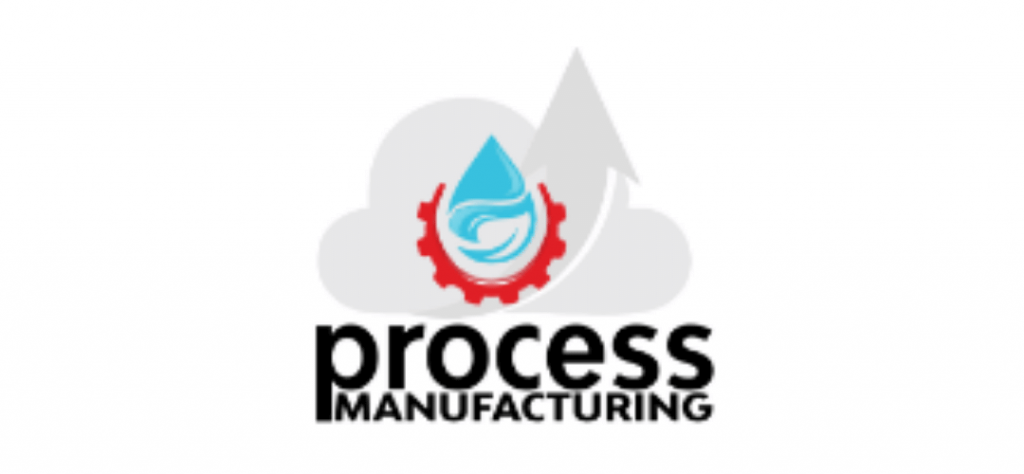Yes, you read it right!
Process manufacturing is an entirely different entity in the manufacturing landscape and we are going to help you know and understand what makes it so distinctive. Our goal is to help you realize why your business should use a specific system for process manufacturing. We hope we will be able to accomplish the same by the time you reach the conclusion of our post.
So, let’s start by listing the attribute of process manufacturing and elaborating on them.
- Physical attributes of the raw material
- Yield Analysis
- By Product Impact
- Regulatory Compliance Impact
Physical attributes of the raw material
What are the raw materials used by industries implementing process manufacturing? Say, pharmaceuticals, for instance, salts and different compounds make medicines. These salts and compounds have their own specific properties like crystal structure, taste, form, boiling point. These characteristics can change with exposure to outer climate and time. It is important to note that no matter what the formula says of the raw materials, if their physical property changes, so will the product. This is what makes the ingredients of the formula in process manufacturing variable. Hence, tracking the physical attributes of the same stock keeping unit is crucial.
Yield Analysis
Manufacturing of the number of products in the production process is yield in the manufacturing environment. A systematic approach to gauge upon the same for efficiency is yield analysis. Since the raw materials in the process of manufacturing are manufactured from a recipe or formulae, yield can be changed as per the requirements by adding raw materials. This will thus change the yield production accordingly.
By–product Impact
Recipe or the formula which makes the final product captures the by–product and co–product. We know the significance of a co–product which is equal to the main product that we manufacture. By–product, on the other hand, is an unexpected residue of the procedure. But, in process manufacturing, inventory management and tracking are possible for both by–product, as well as the co-product, since they carry value. This can thus be reused entirely or in pieces for other procedures.
Regulatory Compliance Support
Industries implementing process manufacturing software are required to adhere to the standards and protocols set by their respective regulatory bodies. Not doing the same increases the possibility of recalls or regulatory auditing. Take food and beverage, or pharmaceuticals, for instance, they require following complete quality assessment norms created by the Food and Drug Administration. Similarly, for the paints, chemicals, which have to follow EPA and MSDS. Quality Control and Assurance, material handling instructions are important for recall management and checking for health/hazardous implications respectively.
After reading the differentiating characteristics of process manufacturing, we hope you have understood why it needs a separate solution to deliver the desired results. We, at Tayana Solutions, came up with an Acumatica-powered process manufacturing system for businesses manufacturing products on recipes or formulae like pharmaceuticals, food, and beverages. Hence, this will ensure they supply products in the desired quantity without compromising on the quality.

Vijay comes with a vast experience in ERP and enterprise solutions space with about 20 years of experience in various packaged application like Acumatica, SAP, Orion, Salesforce.com, SugarCRM and, SalesLogix.

